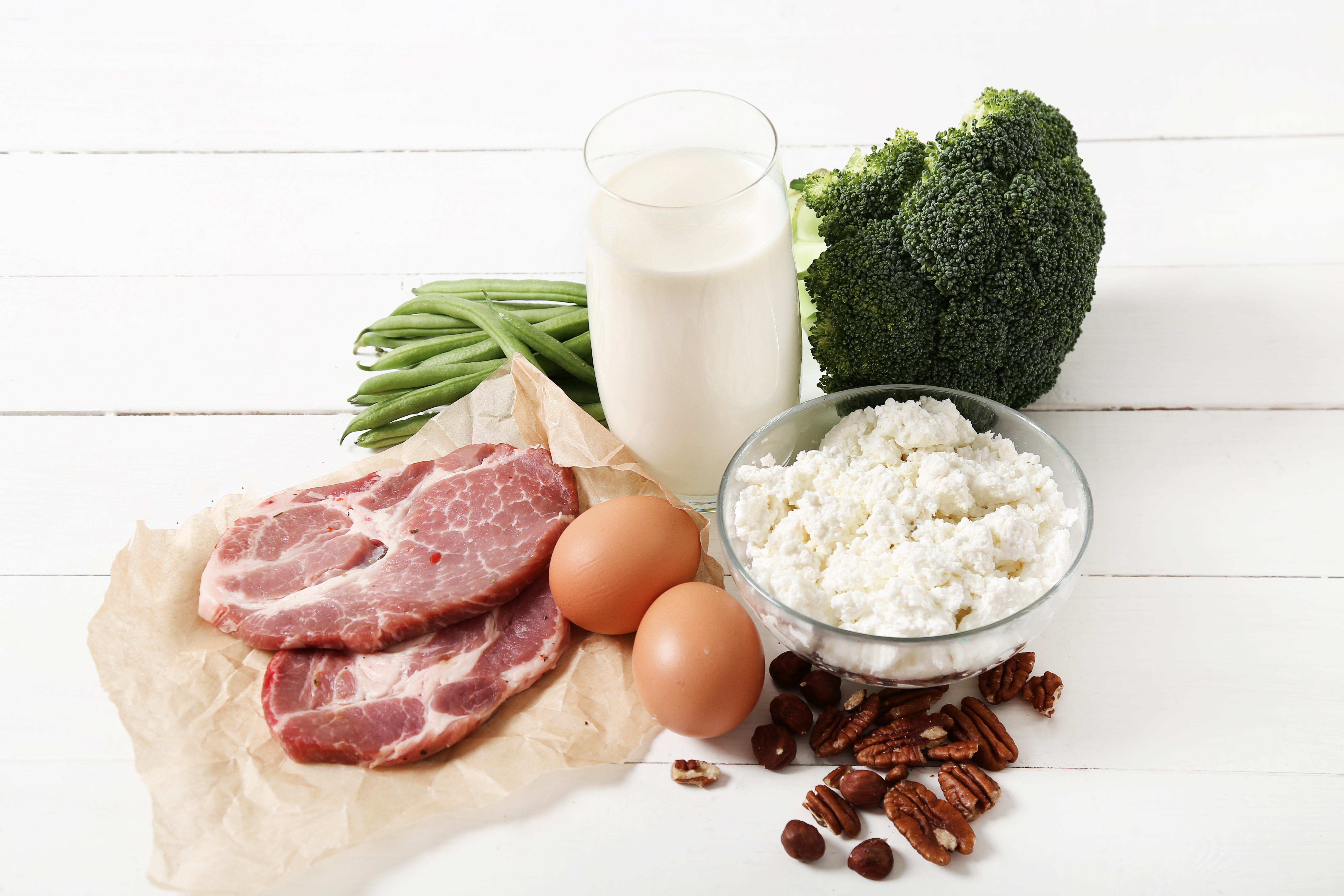L-glutamine, commonly referred to as glutamine, is a vital amino acid. Amino acids are organic compounds known as the building blocks of proteins, crucial for various bodily functions. They aid in forming new proteins, creating hormones, and neurotransmitters that facilitate communication between nerve cells.
"Amino acids are categorized as essential or nonessential. Essential amino acids cannot be synthesized by the body and must be obtained through diet," explains Dr. Sumegha Soni, a psychiatrist based in Mumbai.
Dr. Soni elaborates that L-glutamine is a unique amino acid classified as “conditionally essential.” This means it becomes essential only in specific situations, such as during severe burns, intense exercise, pregnancy, trauma, or illness.
"As the most abundant amino acid in the body, L-glutamine is a critical fuel source for immune cells. It helps combat inflammation, protects cells from damage, and plays a pivotal role in overall health," says Dr. Soni.
Potential Benefits of L-Glutamine
Apart from its role in protein synthesis, L-glutamine contributes to health in several ways. It regulates acid-base balance, promotes muscle repair, aids protein metabolism, supports antioxidant production, and helps eliminate waste products like ammonia from the body.
Here are additional health benefits of L-glutamine:
Supports Gut Health
L-glutamine serves as a primary energy source for intestinal cells, enhancing their function and growth. According to Dr. Swetha, a surgical gastroenterologist, this amino acid helps maintain a balanced gut microbiome, reduces inflammation, and shields intestinal cells from harm.
"L-glutamine also regulates tight junctions, protein clusters that control nutrient and water absorption in the intestines, preventing harmful substances like toxins and bacteria from entering the gut," notes Dr. Swetha.
Research indicates that higher blood levels of glutamine may lower the risk of digestive diseases such as colon cancer, colitis, and Crohn's disease. However, some studies show mixed results regarding its impact on Crohn's disease symptoms.
Essential for Immune Function
L-glutamine is consumed at high rates by immune cells. Dr. Nikhil Dhanpal, a vascular surgeon in Bengaluru, states that it is vital for lymphocyte growth, which produces antibodies, and for neutrophils, which destroy pathogens.
"L-glutamine also regulates cytokine levels, reducing pro-inflammatory cytokines and supporting immune health," says Dr. Dhanpal.
He adds that critically ill or injured individuals often experience a drop in glutamine levels. Supplemental glutamine aids recovery by bolstering the immune system and safeguarding against organ damage.
"Glutamine supplementation has been linked to reduced complications post-surgery and improved recovery in surgical patients. Nonetheless, further research is required to confirm its benefits in critically ill individuals," he concludes.

Important for Heart Health
L-glutamine supports cardiovascular health by reducing heart disease risk factors. Dr. Ashish Mishra, a consultant interventional cardiologist, explains that it enhances endothelial cell function—the cells lining blood vessels—and protects them from oxidative damage.
"L-glutamine aids in producing glutathione, a potent antioxidant that neutralizes free radicals, reducing oxidative stress," says Dr. Mishra. Maintaining healthy glutamine levels supports optimal glutathione production, thereby protecting the heart.
Additionally, L-glutamine may reduce risk factors like high blood lipid levels, insulin resistance, elevated blood pressure, and high blood sugar.
How Much L-Glutamine Do You Need?
As a conditionally essential amino acid, the body typically produces sufficient L-glutamine. It generates between 40-80 grams daily, supplemented by dietary intake. However, circumstances like trauma, overexertion, or pregnancy may necessitate increased glutamine intake through diet or supplements.
Burns:
Severe burn injuries result in significant amino acid losses, including L-glutamine. Supplementation can improve wound healing, boost immunity, and reduce mortality risk.
Intensive Exercise:
Prolonged, high-intensity activities like marathon running can deplete glutamine levels, weakening the immune system and increasing infection risks.
Pregnancy:
During pregnancy, glutamine demands rise to support both parent and fetus, making supplementation or dietary increases necessary.
"In critical care, L-glutamine is sometimes administered intravenously," says Dr. Dhanpal.

Good Sources of L-Glutamine
Both plant- and animal-based foods are rich in L-glutamine, including:
- Pork
- Poultry
- Fish
- Beans
- Milk
- Yogurt
- Cheese
- Spinach
- Parsley
"Most individuals can maintain adequate glutamine levels through a balanced diet," assures Dr. Swetha.
Supplements
L-glutamine is available as a standalone supplement or within multi-amino acid products in forms such as capsules and powders.
"L-glutamine supplements are linked to benefits like improved exercise recovery, better gut health, and symptom relief for specific conditions. However, no standard dosing exists. Always consult a healthcare provider before starting supplementation," warns Dr. Mishra.
Potential Risks and Side Effects
Dr. Dhanpal notes that dietary L-glutamine intake poses no risks for healthy individuals. However, supplements may worsen hepatic encephalopathy—a brain condition linked to advanced liver cirrhosis.
"People with liver disease or conditions like sickle cell disease should consult their healthcare provider before using L-glutamine supplements," advises Dr. Dhanpal.
Read More:



